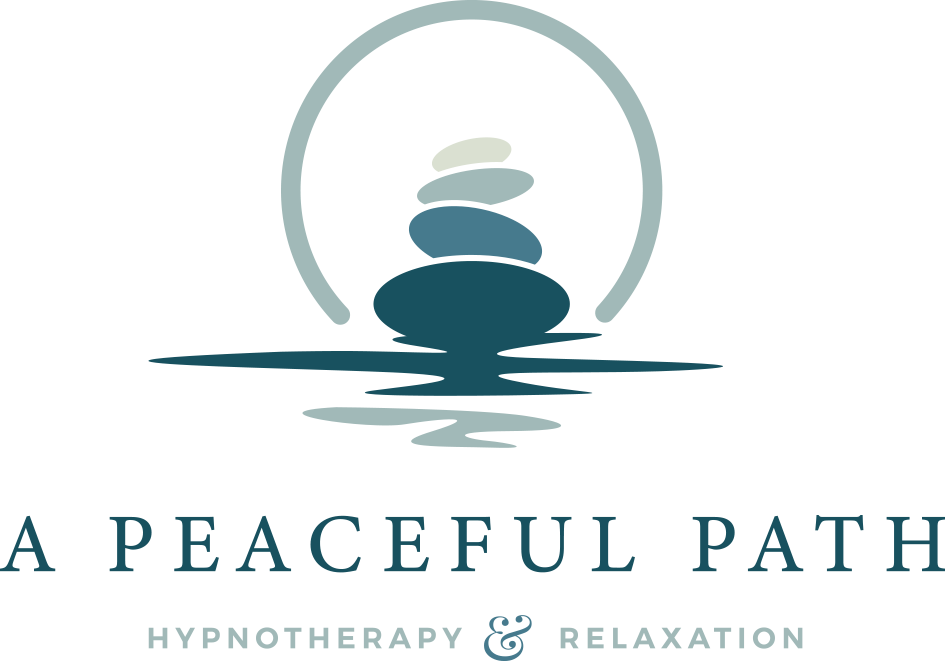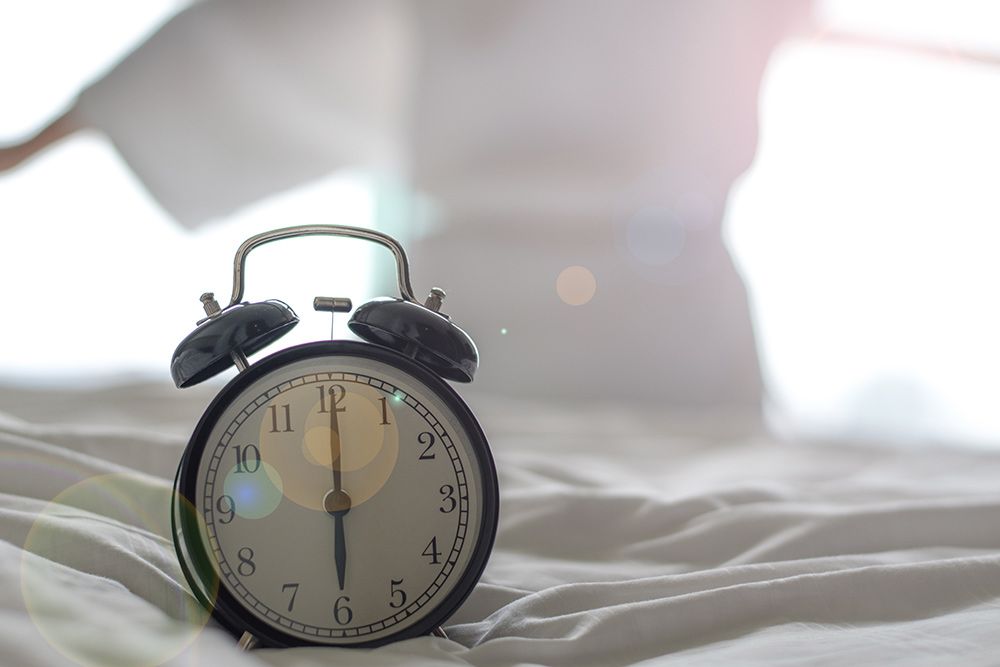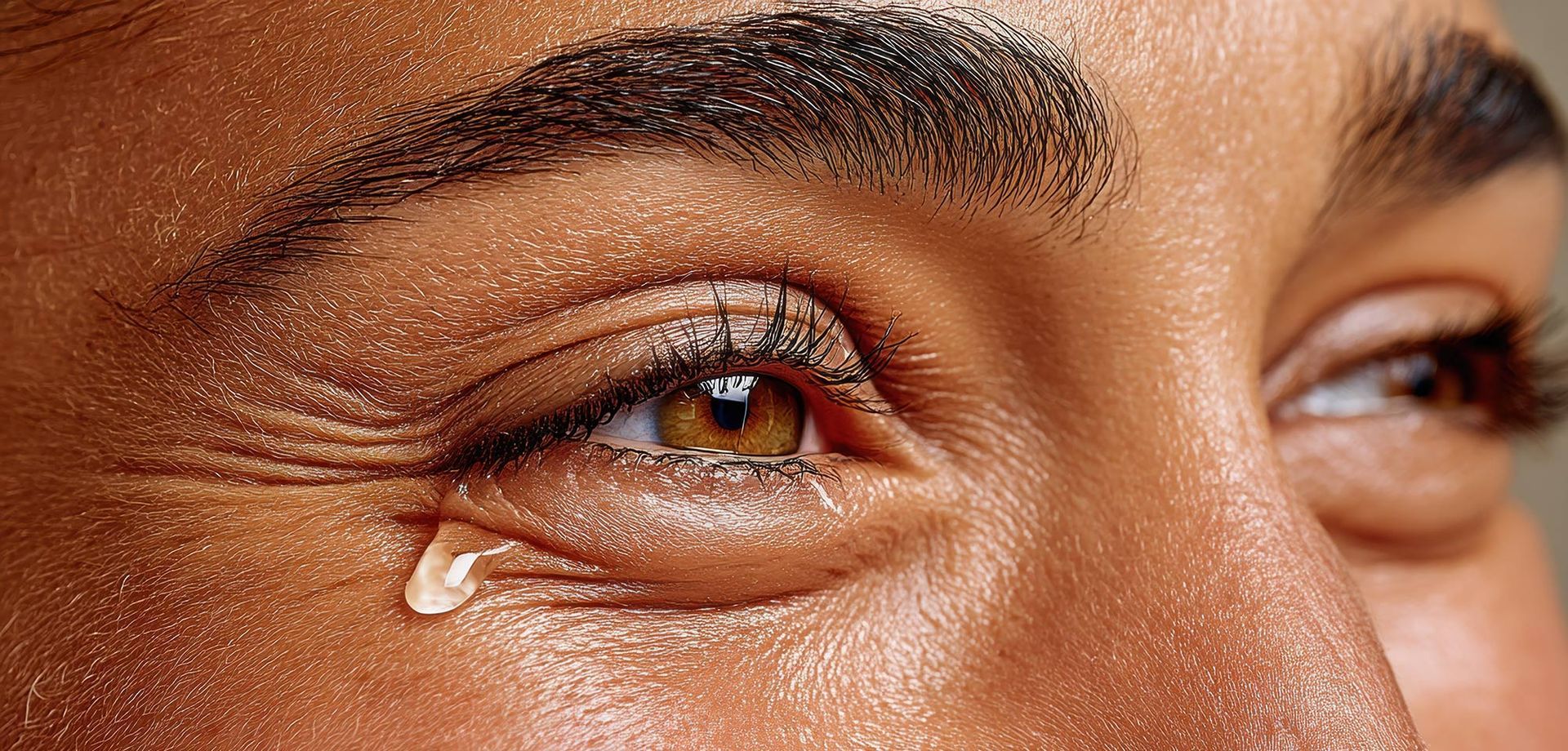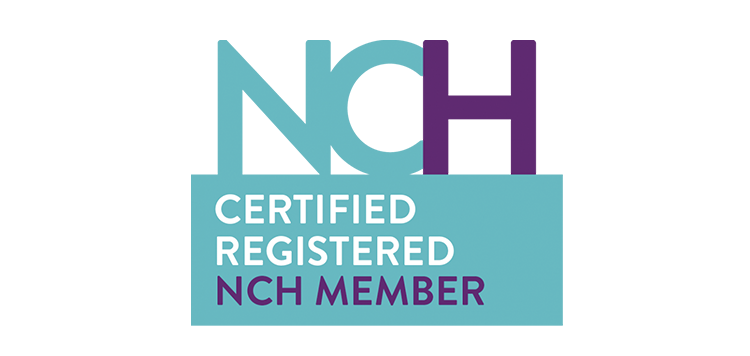Resetting Your Sleep Routine - a 24-Hour Guide
Sleep is the foundation of our WELL BEING — it supports mood, focus, resilience, and recovery.
YET … many of us don’t realise just how much our DAILY ROUTINES shape what happens at night.
Our bodies run on an Internal Clock, called the Circadian Rhythm, which is guided by light, activity, and hormones.
Here is a 24-hour look at how your body’s natural chemicals work, and what you can do morning, during the day and evening to reset your sleep routine:
7:00 am – Morning
When you wake, your brain begins its daily rhythm and 2 important things happen when SUNLIGHT exposure resets your Circadian Clock.
- Melatonin is set to be released about 13–14 hours later, preparing your body for sleep in the evening
- Adenosine residue is cleared away (the chemical that makes you feel sleepy).
- Tip - Delay caffeine for about 90 minutes (8:30–9:00am).
- Drinking coffee too early blocks Adenosine before it has been naturally cleared, which can lead to an energy crash later in the day.
- Tip - Step outside within 20–30 minutes of waking — even 10 minutes in natural light is enough to set your rhythm.
- Tip - Early phone use blocks natural sunlight cues
MORNING ROUTINE = wake → sunlight → hydrate → move a little → check your phone.
7:00 am – 7:00 pm - Daytime
During the day, your body is busy building Adenosine.
The more energy your brain and body use while you are awake, the more Adenosine is created, building your natural drive for sleep.
Being physically and mentally active during the day strengthens this process, so your sleep pressure is higher and falling asleep becomes easier at night.
- Tip - What matters most is regular movement spread out over the day rather than one workout and then sitting for 10 hours.
- Tip -Hydration helps Adenosine do its job, and Good Nutrition helps your body make Melatonin keeping energy stable, so your Circadian Rhythm isn’t disrupted.
8:00 – 9:00 pm - Evening
About 13–14 hours after waking, your body begins releasing Melatonin, the hormone that signals it’s time to wind down. This is your body’s natural cue to prepare for sleep.
🌙 Dim the lights to help melatonin flow.
📵 Step away from screens where possible or use blue-light filters.
🛀 Wind-down ritual: a shower, gentle stretching, or slow breathing can ease you into rest.
- Tip: Keeping your evenings predictable helps train your brain to expect sleep at the same time each night.
10:00 – 11:00 pm - Night
This is the optimal bedtime window if you wake around 7am. By now:
Adenosine levels are high, pushing you towards sleep.
Melatonin levels are rising, helping you feel calm and drowsy.
Once asleep, your body cycles through different stages:
Light sleep → Deep sleep → REM (dream) sleep
Each cycle lasts about 90 minutes.
Aim for 5–6 cycles = 7.5–9 hours of sleep.
Overnight
As you sleep:
Adenosine is cleared, so you wake refreshed.
Your brain and body repair, consolidate memories, and regulate hormones.
In summary
By aligning your Morning Routine with light and movement, your Daytime with activity, balanced nutrition, and steady hydration and your Evenings with calm and routine, you support your body’s natural Circadian Rhythm.
Sleep isn’t just about what happens at night — it is about the choices you make from the moment you wake up.
Feel free to reach out or book a free phone consultation.
Blog

















